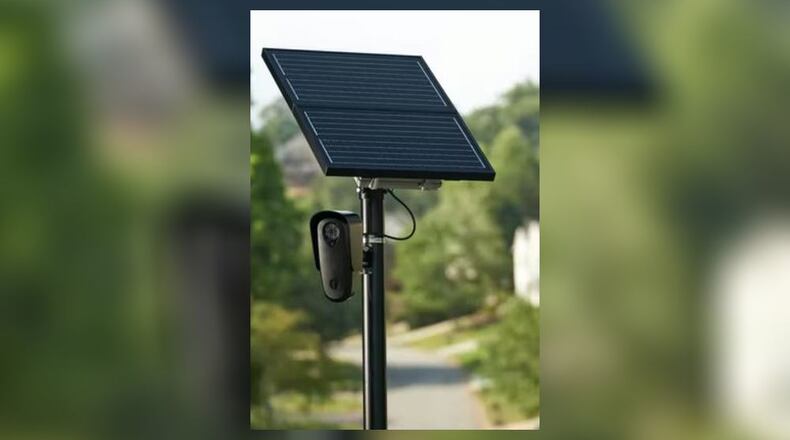Police Capt. Mike McCutchan recently gave City Council an update on the information he presented last June that included the tightening of policy of how it could be used and how temporary access to the Flock network has been used in 31 investigations and have led to arrests.
McCutchan said the costs are $3,000 per camera and $8,000 for installation for a total quote of $68,000. He said the city has budgeted $70,000 for the project. While the project costs are within the city manager’s threshold to purchase and have been budgeted, both City Manager Scott Brunka and police officials wanted to get council’s approval before moving forward.
McCutchan said the fixed position LPR’s can read the license plate and determine the color, make, and type of vehicle which are searchable. He said the LPR’s gather objective evidence and facts about vehicles, but does not use facial recognition technology on people.
The system has real-time alerts of wanted vehicles or vehicles associated with a known suspect is detected, McCutchan said. He said the cameras are used to assist law enforcement solve crimes and that the camera system also adheres to all state laws.
“Seventy percent of all crimes involve a vehicle,” he said. “The cameras will add more eyeballs and will help clear more cases.”
McCutchan said adding an additional layer of Flock cameras would work in combination with existing downtown cameras. He said 50% of Lebanon police shifts are worked at minimum staffing levels.
McCutchan said the updated policies include photos would be owned by Lebanon police and never sold or shared by Flock; a 30-day retention period before photos are deleted; all data is stored with cloud-based technology with end-to-end encryption; and a supervisor has to authorize access and include an incident number before accessing system for audit trail.
The system would be audited on a quarterly basis. He also said the still camera system does not use GPS or facial recognition technology.
“My main concern is that this is a powerful tool,” Councilman Matt Sellers said. “There’s a fine line between privacy and law enforcement. I want some more discussion with council.”
He also wanted to know if the policy can be changed in the future and codified to require council approval to make any policy changes for the Flock cameras.
The same technology is being used by the Warren County Sheriff’s Office; Hamilton County Sheriff’s Office, Montgomery County Sheriff’s Office and Greene County Sheriff’s Office and police departments in South Lebanon, Mason, Springboro, Franklin, Hamilton Twp., Loveland, and Middletown. Monroe police are currently in discussions for Flock cameras.
Lebanon police obtained temporary user access in July.
Since this time, police have utilized Flock software to assist with 31 investigations. Those investigations included three missing person reports; six stolen motor vehicle reports; nine thefts/shoplifting reports; two stolen license plate reports; two hit/skip crash reports; a burglary report; school trespassing report; pursuit/fleeing suspect report; aggravated menacing/inducing panic report; forgery/theft report; and a false police report involving the theft of a motor vehicle.
About the Author

